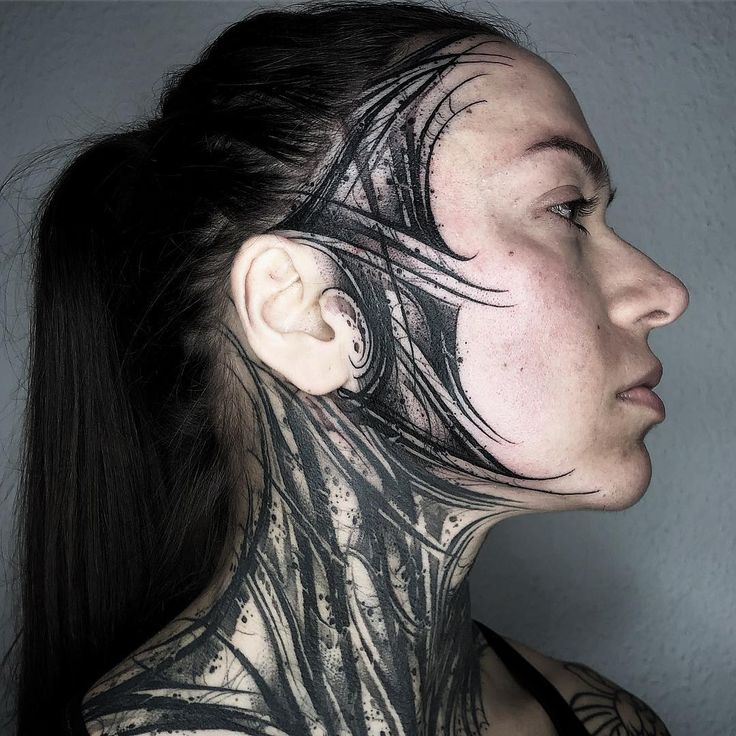
In the realm of body art, face tattoos stand out as a bold form of self-expression that combines personal storytelling with striking creativity. It’s no surprise that this daring choice has drawn many adventurous individuals eager to showcase their narratives, beliefs, or aesthetics so openly. When executed with skill, care, and artistic flair, a face tattoo can become a breathtaking work of art.
As trends shift and tattooing techniques improve, artists are constantly expanding the limits of creativity, presenting a wide array of mesmerizing designs. Whether you’re contemplating getting inked or simply appreciating the artistry from a distance, our carefully selected list of the best face tattoo ideas is sure to captivate and inspire. Join us as we delve into the countless ways the human face can be adorned, enhanced, and transformed.
Face Tattoo Ideas
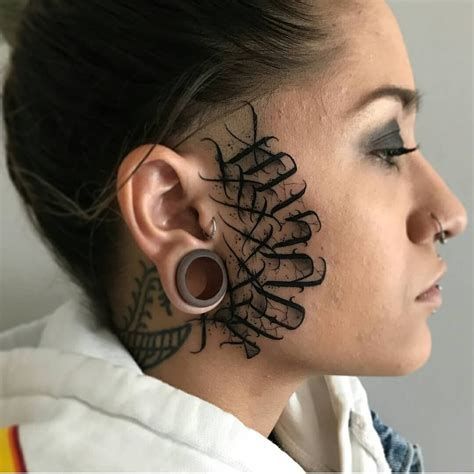
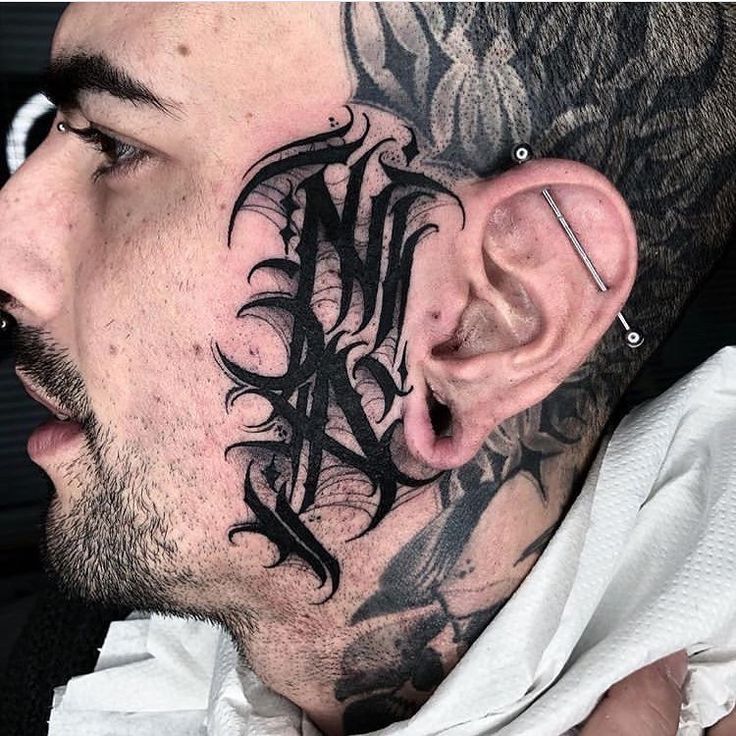
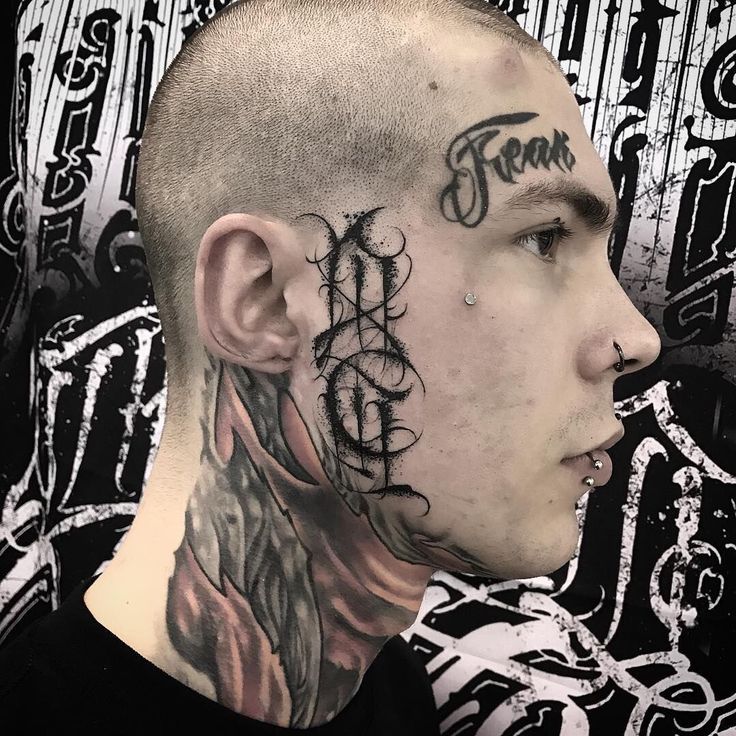
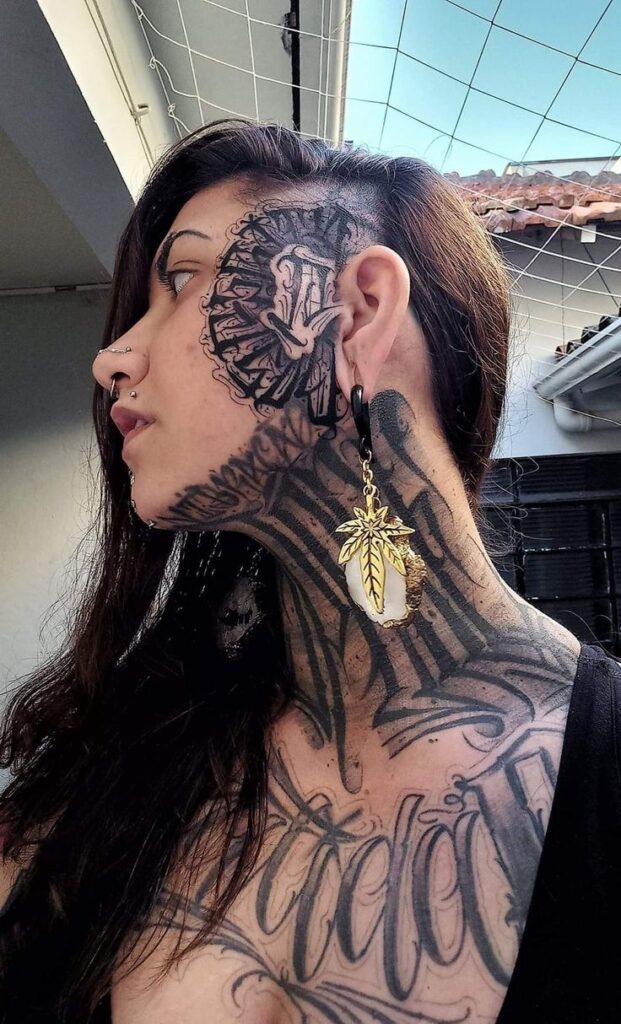
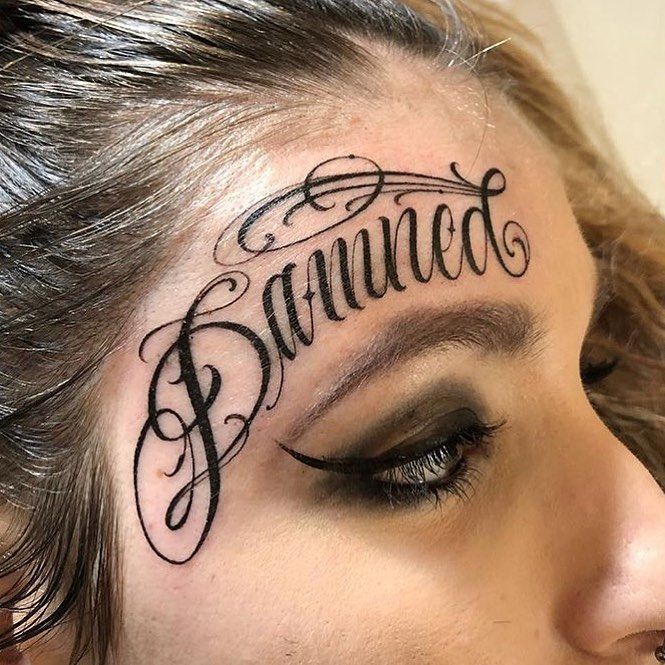
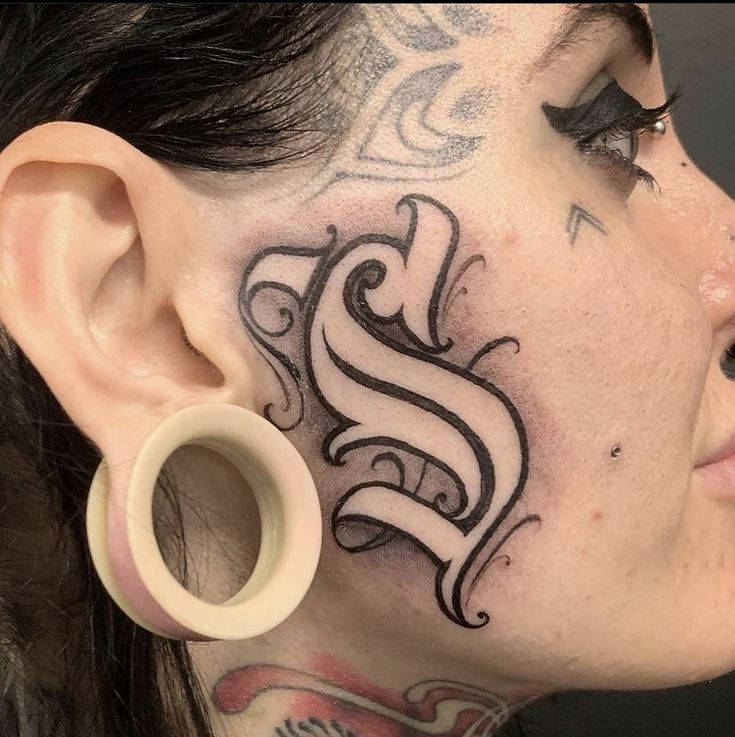
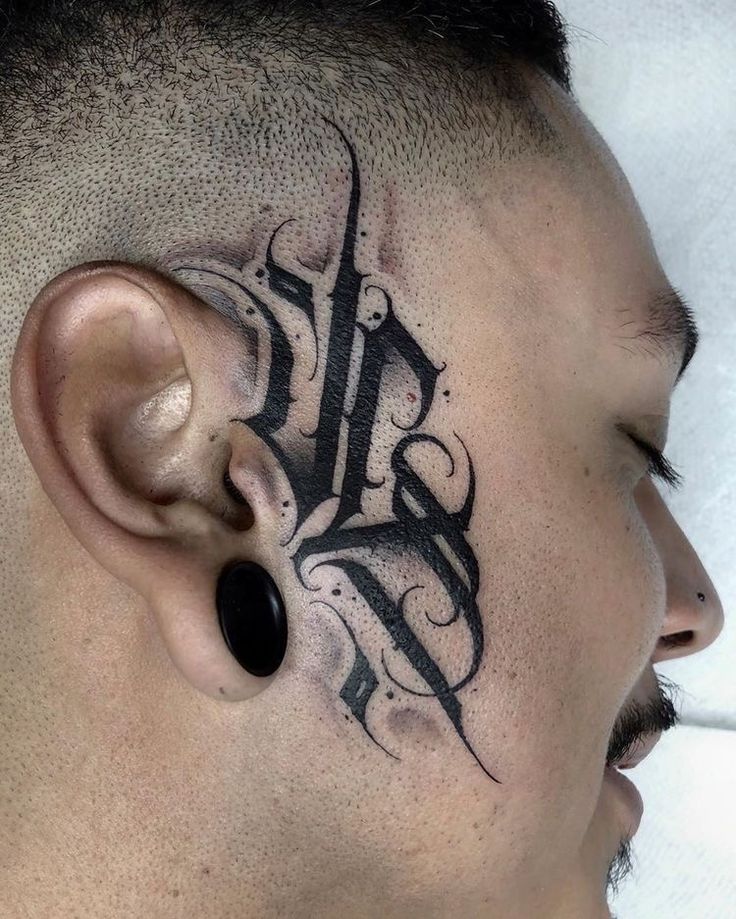
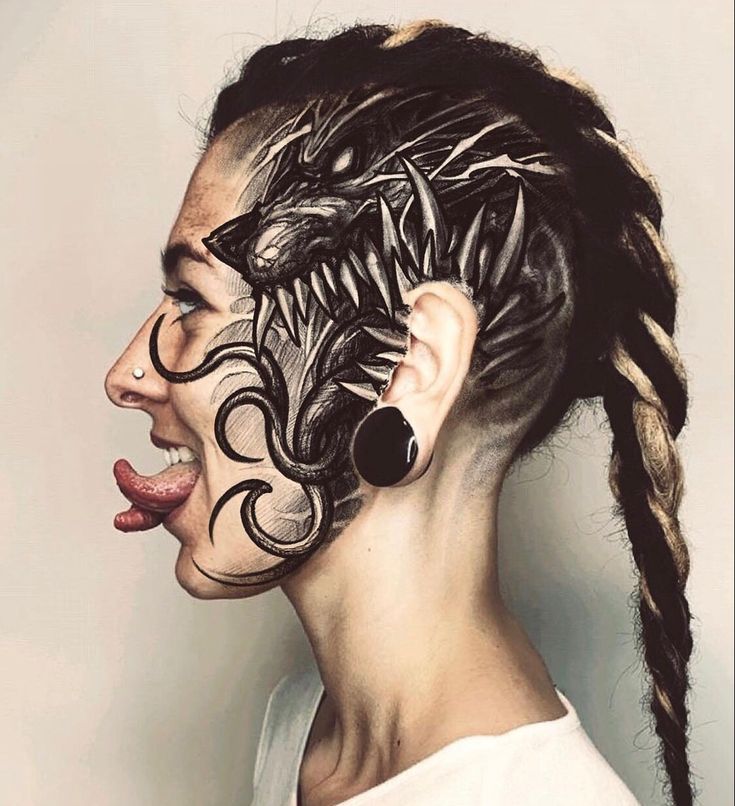
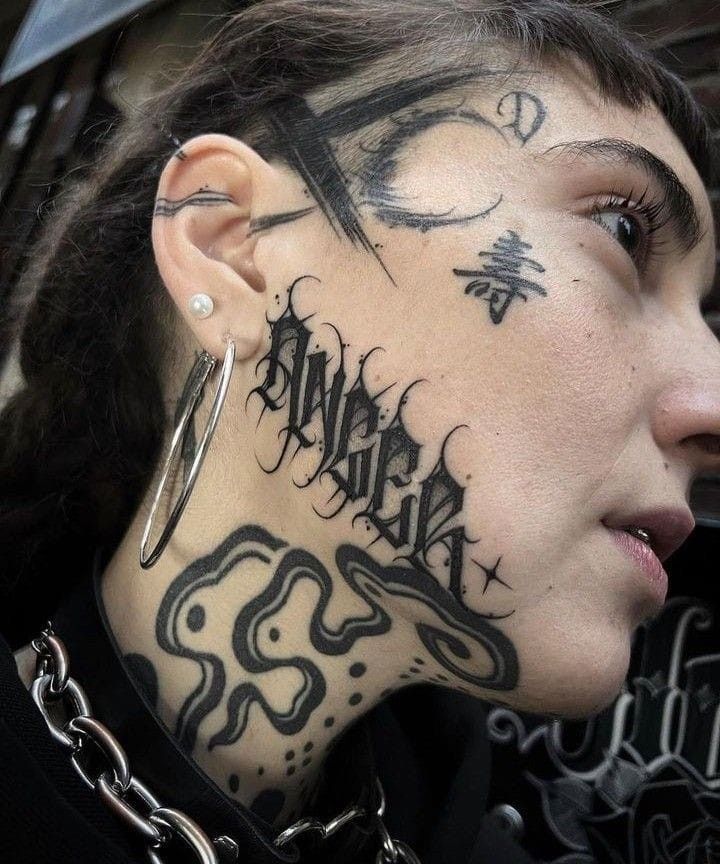

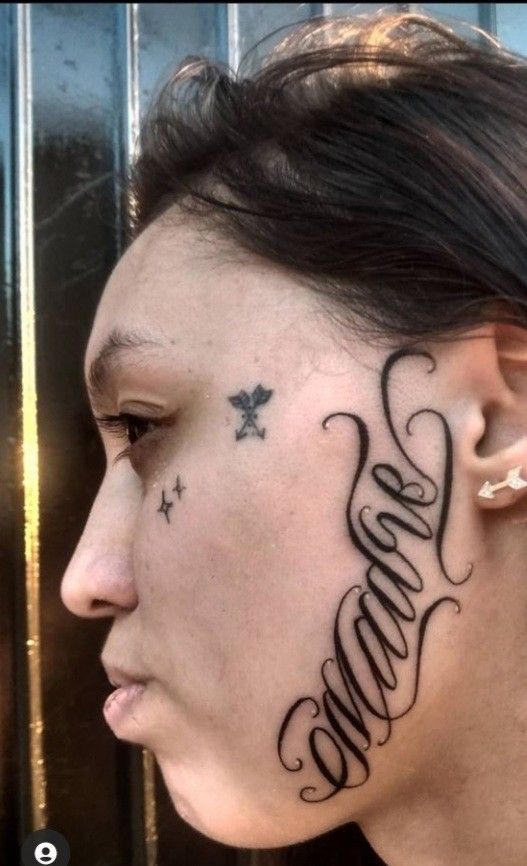
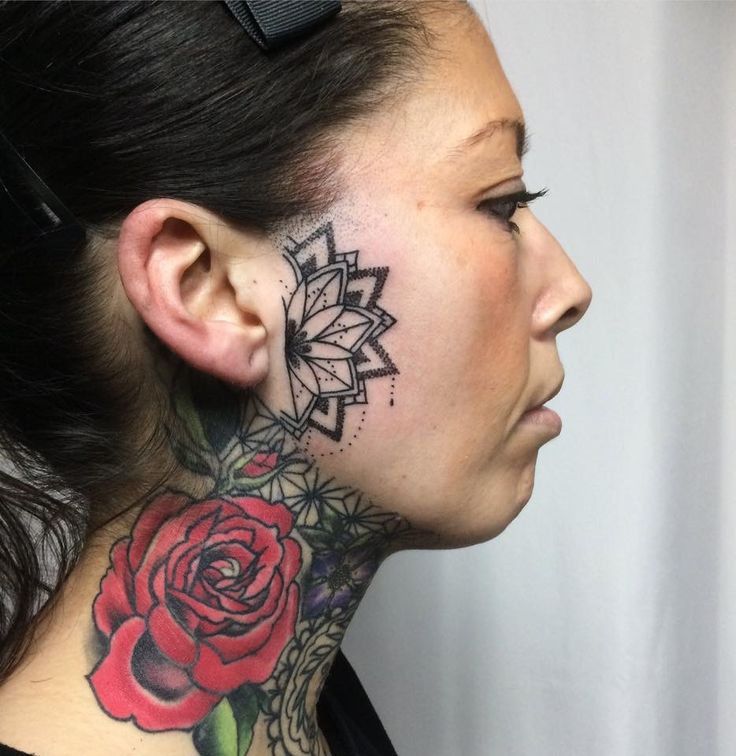
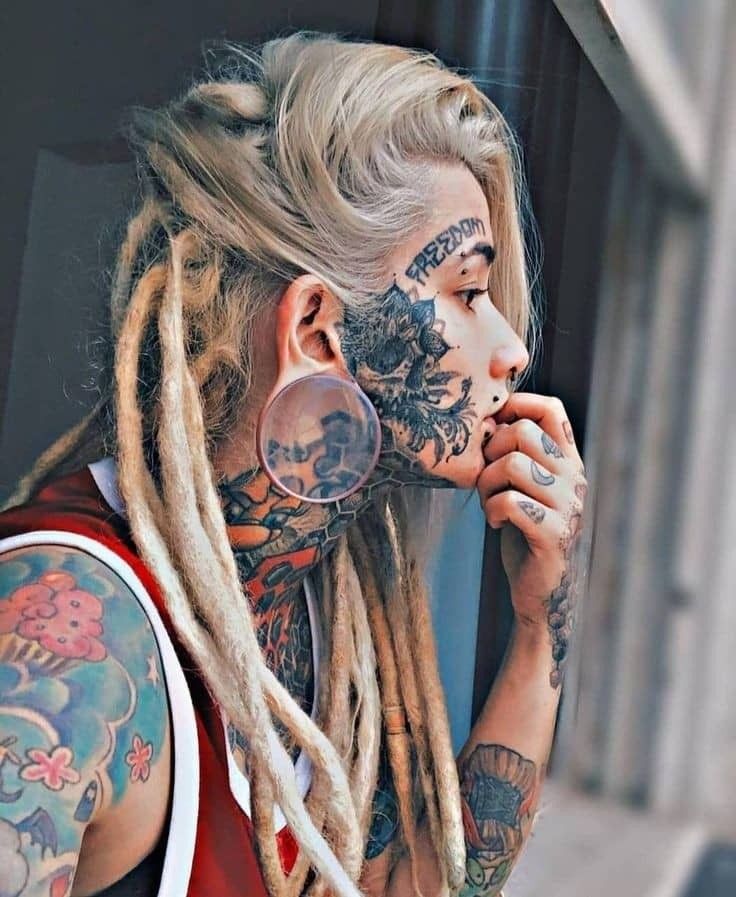
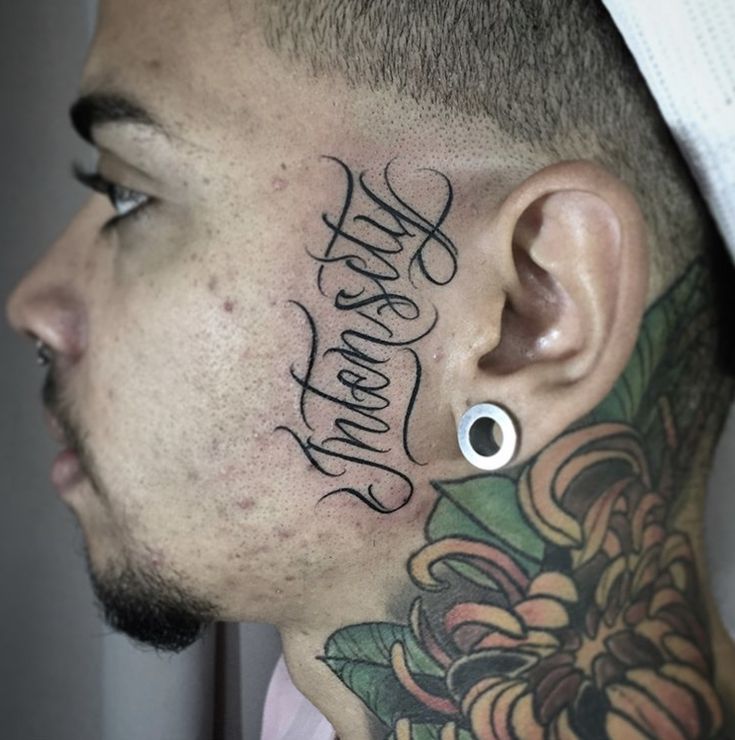
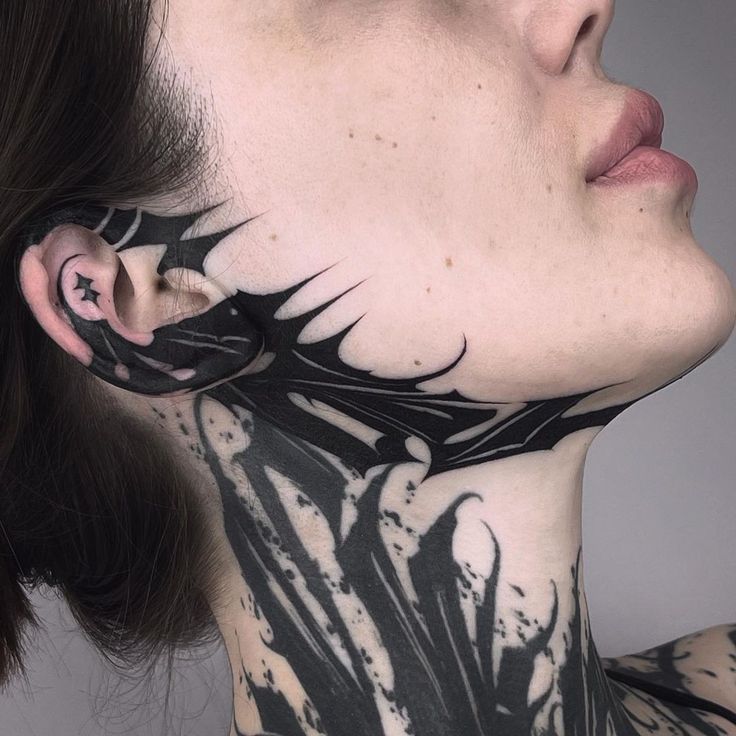
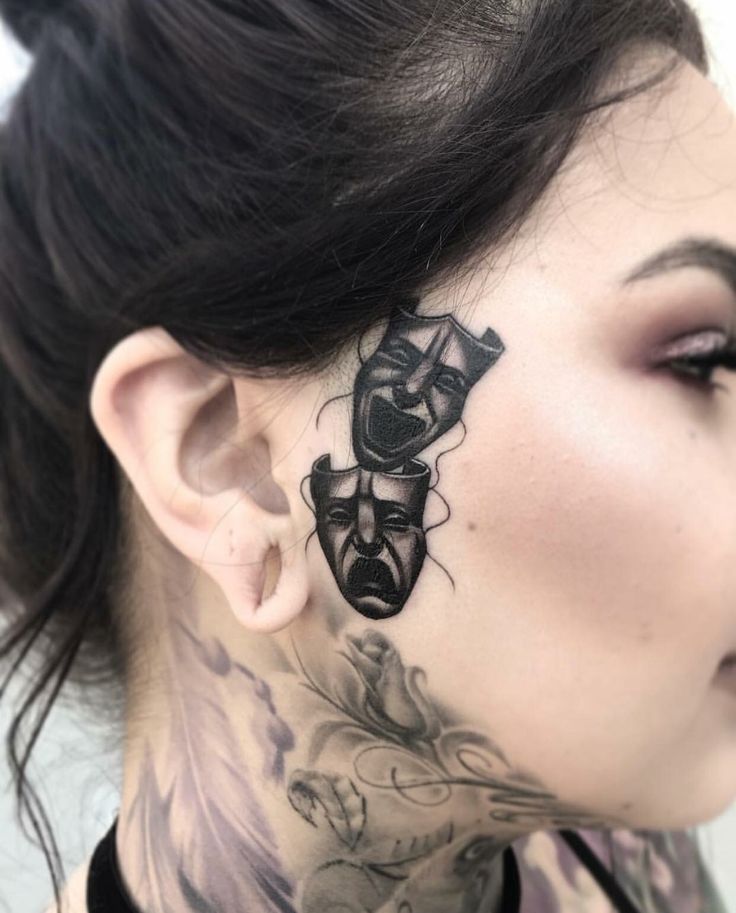

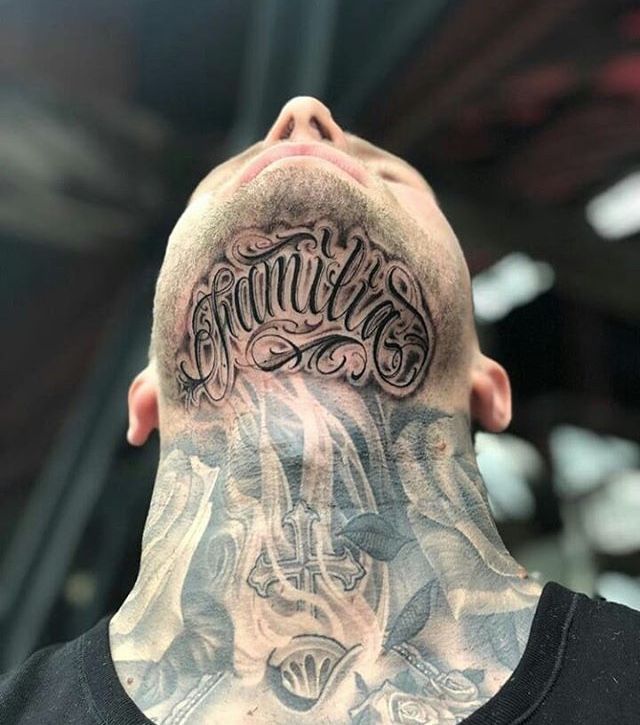
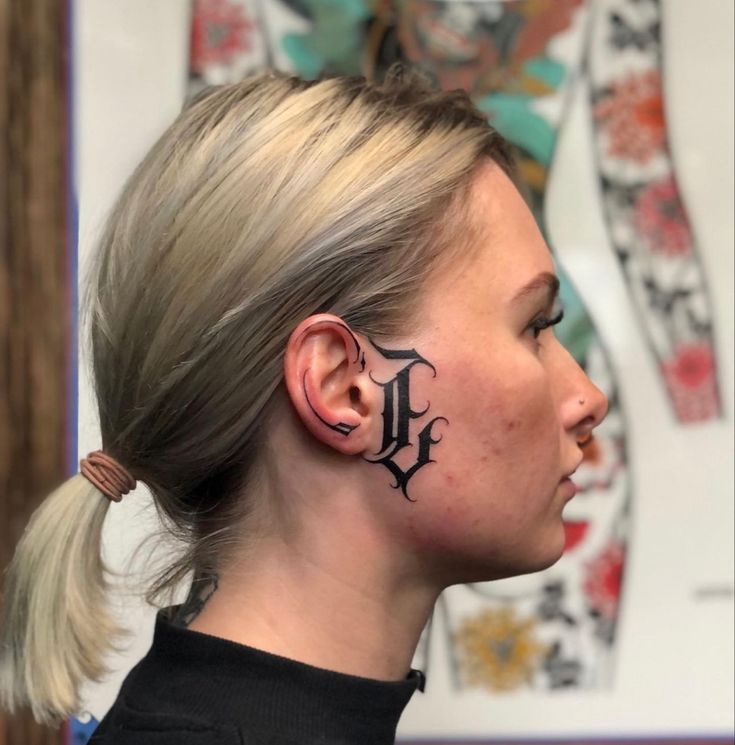
Are There Health Risks Involved with Face Tattoos?
When considering a face tattoo, you might be drawn to its aesthetic appeal and the chance for personal expression, but have you taken into account the potential health risks? The skin on your face is more delicate and prone to infections and allergic reactions from tattoo ink, along with possible long-term skin issues. You may also contemplate the psychological and social effects of such a noticeable tattoo. It’s essential to carefully evaluate these factors before making a decision. What could these risks imply for your health and social interactions in the future? Let’s delve deeper into these significant considerations.
Immediate Health Concerns
While face tattoos can be bold statements of identity, they come with specific immediate health risks that deserve your attention. The facial skin is thinner than that of most other body parts, making it more vulnerable to infections. If the tattoo equipment isn’t properly sanitized, you could be at a greater risk of infections like hepatitis or even HIV.
It’s vital to check the cleanliness of the tattoo studio and confirm that all equipment is sterilized before you proceed.
Additionally, allergic reactions to tattoo inks can be particularly intense on facial skin. These reactions can lead to discomfort, swelling, and severe dermatitis.
Always inquire about the inks being used and consider doing a patch test before the full application, especially since your face is constantly exposed and sensitive.
Scarring is another concern, as the fragile nature of facial skin can result in keloids, which are raised scars. These not only alter your appearance but may also necessitate further medical treatment.
Finally, the recovery process can be quite noticeable and socially challenging, given the visibility of your face. Be prepared for immediate aftercare and possibly some downtime, which could affect your daily routine.
Long-Term Skin Effects
Beyond the immediate risks and recovery associated with face tattoos, it’s important to consider their long-term impact on your skin. Over time, you might notice several changes that can affect the appearance and health of your tattooed skin.
Firstly, as your skin ages, tattoos can blur and spread. This is due to the natural loss of skin elasticity and collagen, which are more pronounced on the delicate facial area.
Additionally, prolonged exposure to sunlight can significantly fade your tattoos. UV rays break down the ink pigments, causing the vibrant colors you originally chose to become dull and less defined. It’s essential you protect your face with high SPF sunscreen to mitigate this effect.
You’re also at a higher risk of developing keloids or hypertrophic scars if your skin tends to overreact to trauma. These types of scars can distort the design of your face tattoo, making it appear raised and patchy.
Lastly, remember that each ink color contains different compounds that might react uniquely over time. For instance, red inks can sometimes lead to more allergic reactions and require more frequent touch-ups to maintain their brightness.
Always monitor your skin’s response and consult with a dermatologist regularly to address any concerns.
Psychological Impact
Although you may be drawn to face tattoos for their aesthetic appeal or personal significance, it’s crucial to consider their psychological impact. Getting a tattoo on your face isn’t just about expressing yourself; it’s a decision that can affect your mental state. You might feel empowered and unique initially, but it’s important to prepare for the range of emotions that could follow.
Psychologically, face tattoos can lead to regret if they don’t meet your expectations or if your feelings about the tattoo change over time. This can lead to emotional distress or anxiety, particularly as your life situations evolve. Moreover, the permanence of face tattoos can cause stress, especially if you’re unsure about the design or its placement.
Before making this significant decision, it’s wise to thoroughly consider why you want this tattoo and how it aligns with your long-term personal and professional goals. Reflect on how this tattoo will fit into your future self-image and lifestyle.
Consulting with a psychologist or counselor can also help you assess your readiness and ensure that your decision is well-grounded emotionally. Remember, it’s not just a tattoo; it’s a life choice that sits right on your face.
Social and Professional Consequences
Before deciding to get a face tattoo, consider the social and professional consequences you may face. In many professional environments, visible tattoos, especially on the face, can still be a barrier to employment.
You might find yourself excluded from certain jobs, particularly in sectors like corporate, hospitality, or customer-facing roles where a conservative appearance is often preferred. It’s not just about getting the job; promotions and professional advancements could also be impacted.
Socially, the reactions can vary widely. While face tattoos are becoming more accepted in some circles, they can still provoke strong opinions from others.
You might find yourself the subject of stares, comments, or even discrimination in social settings or public places. This can affect your social interactions and how you’re perceived in your community.
MRI Compatibility Issues
While considering the social and professional impacts of face tattoos, it’s also important to think about their compatibility with medical procedures, particularly MRI scans.
You mightn’t realize it, but some tattoo inks contain metals like iron oxide, which can react during an MRI. This reaction isn’t just about discomfort; it can lead to burns or distortions in the imaging.
Don’t assume you’re in the clear because the ink looks safe. Even black inks, which are commonly used for face tattoos, might’ve iron particles that could heat up during the scan.
Before you get an MRI, you’ll need to inform the technician about your tattoo. They might adjust the machine’s settings or take extra precautions to ensure your safety.
Moreover, if you’re planning to get a face tattoo, ask your artist about the ink’s composition. Opting for MRI-safe inks can save you a lot of hassle later.
Conclusion
Before you decide on a face tattoo, it’s crucial to weigh the health risks. Immediate concerns like infections and allergic reactions are significant, and long-term effects such as fading and scarring can alter your tattoo’s look. Consider the psychological, social, and professional implications, too. Additionally, face tattoos might affect MRI scans. Always consult with a healthcare professional and a reputable tattoo artist to ensure you’re fully informed about the risks and aftercare involved.
Leave a Reply